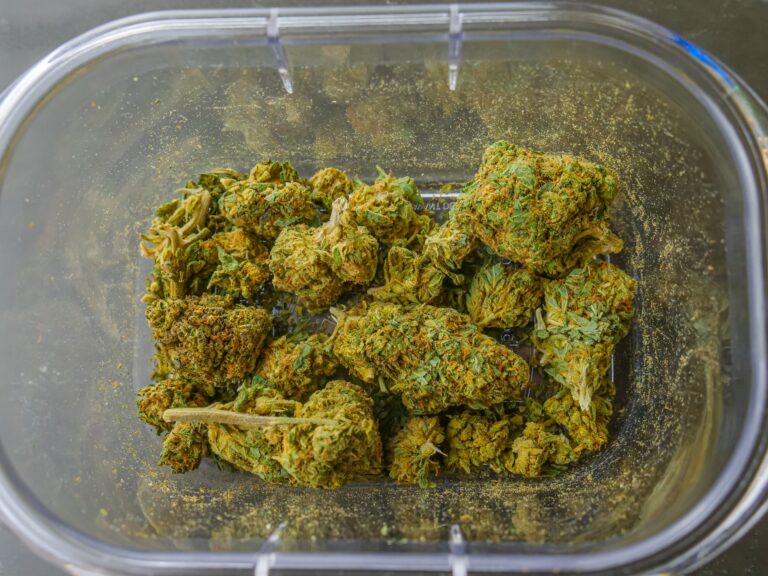What is the legal status of cannabis in South Korea?
Cannabis is strictly illegal in South Korea, with the country having some of the most stringent drug laws in the world. The use, possession, sale, and cultivation of cannabis are all punishable offenses, with penalties ranging from fines to lengthy prison sentences. South Korea’s approach to drug control is heavily influenced by its history and Confucian values, which emphasize the importance of social order and conformity.
What is the public opinion on cannabis in South Korea?
Public opinion on cannabis in South Korea is generally negative, with many people considering it to be a dangerous drug that leads to addiction and social problems. This perception is reinforced by the government’s anti-drug campaigns and the portrayal of drug users in the media. However, there is a small but growing movement of individuals advocating for the legalization of cannabis, particularly for medical purposes. These activists argue that the current laws are outdated and that the potential benefits of cannabis should be explored.
What are the laws, penalties, and law enforcement practices for cannabis in South Korea?
The South Korean government enforces its drug laws strictly, with a zero-tolerance approach to cannabis use and possession. The penalties for drug offenses can be severe, with the following consequences for cannabis-related crimes:
- Possession: Up to 5 years in prison or a fine of up to 50 million won (approximately $44,000)
- Sale: Up to life imprisonment and a fine of up to 500 million won (approximately $440,000)
- Cultivation: Up to 7 years in prison and a fine of up to 70 million won (approximately $61,000)
Law enforcement agencies in South Korea actively investigate and arrest individuals suspected of drug-related offenses, often using undercover agents and surveillance techniques. South Korean citizens and foreigners alike are subject to these laws and can be arrested for cannabis possession even if the drug was consumed in a country where it is legal.
What is the terminology for cannabis in South Korea?
In South Korea, cannabis is commonly referred to as 대마 (pronounced dae-ma), which translates to hemp or cannabis. Other slang terms for the drug include 마리화나 (pronounced mari-hwana), which is derived from the English word marijuana, and 그라스 (pronounced geu-ra-seu), which means grass.
Is CBD legal in South Korea?
No, CBD (cannabidiol) is not legal in South Korea. Although CBD is a non-psychoactive compound found in cannabis that has been gaining popularity worldwide for its potential health benefits, it is still considered a controlled substance under South Korean law. The importation, sale, and possession of CBD products are illegal and can result in the same penalties as those for cannabis.
Is medical cannabis use allowed in South Korea?
As of March 12, 2019, South Korea has allowed the use of medical cannabis in limited cases. Patients with specific conditions, such as epilepsy, cancer, or HIV/AIDS, can apply for permission to use medical cannabis products that have been approved by the Korean Ministry of Food and Drug Safety. However, the process to obtain these products is strict and requires a doctor’s recommendation, approval from the ministry, and a prescription.
What are the cannabis cultivation regulations in South Korea?
Cannabis cultivation is strictly prohibited in South Korea, with severe penalties for those caught growing the plant. The government has implemented strict controls on the production and distribution of hemp seeds to prevent illegal cultivation. There are some exceptions for the cultivation of industrial hemp, but these are limited and subject to strict government oversight.
South Korea’s strict cannabis laws are primarily enforced through the Narcotics Control Act and the Act on the Control of Narcotics. The following government websites provide information on drug control policies and the legal status of cannabis in South Korea:
- Korean Ministry of Food and Drug Safety (English)
- Laws of the Republic of Korea (English)
- Korean National Police Agency (English)
